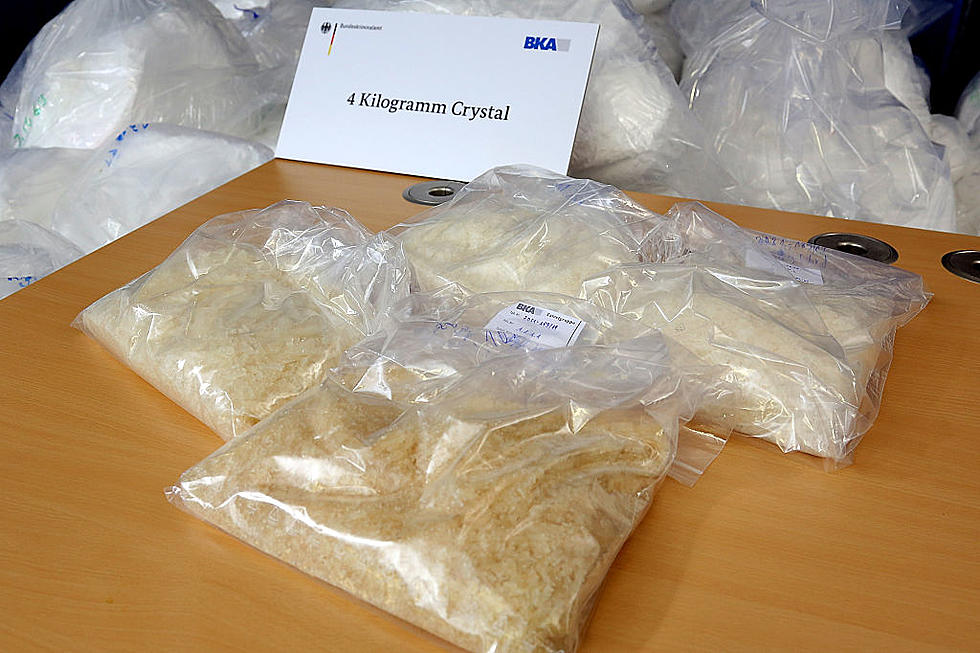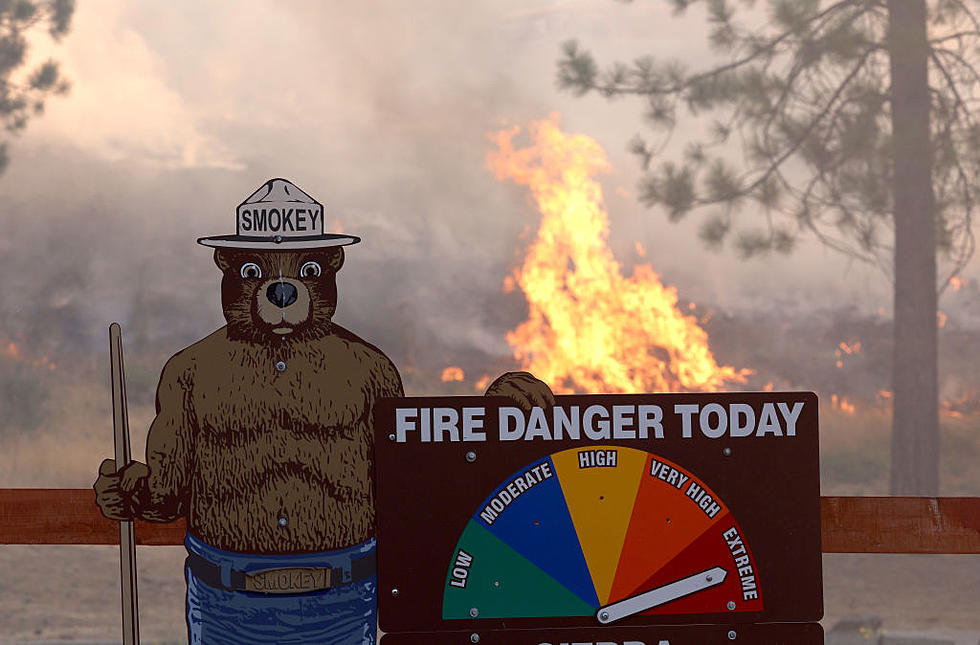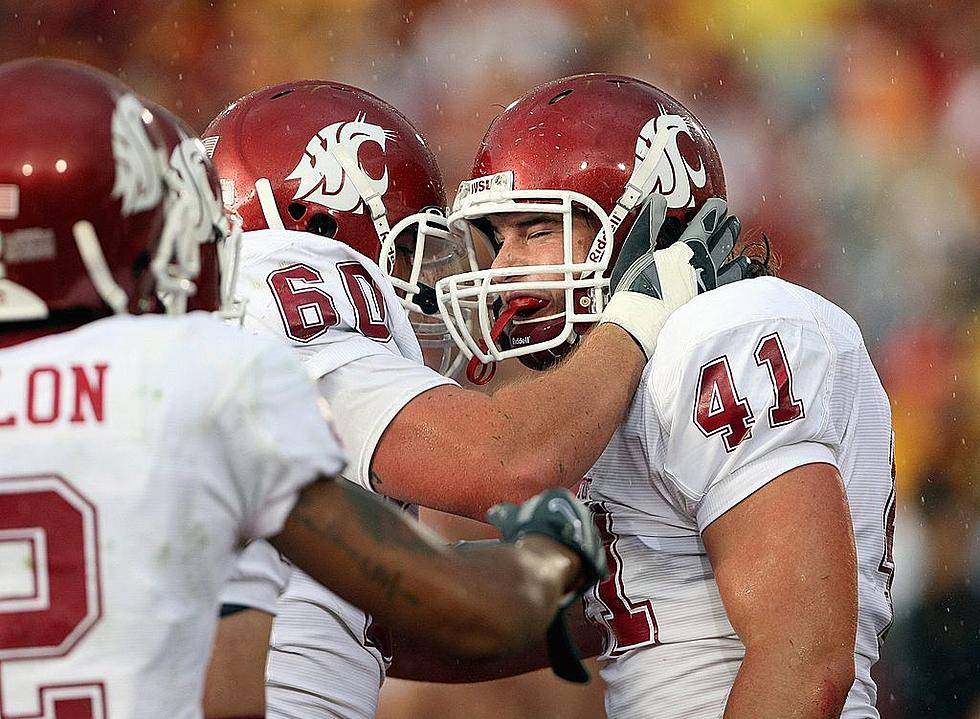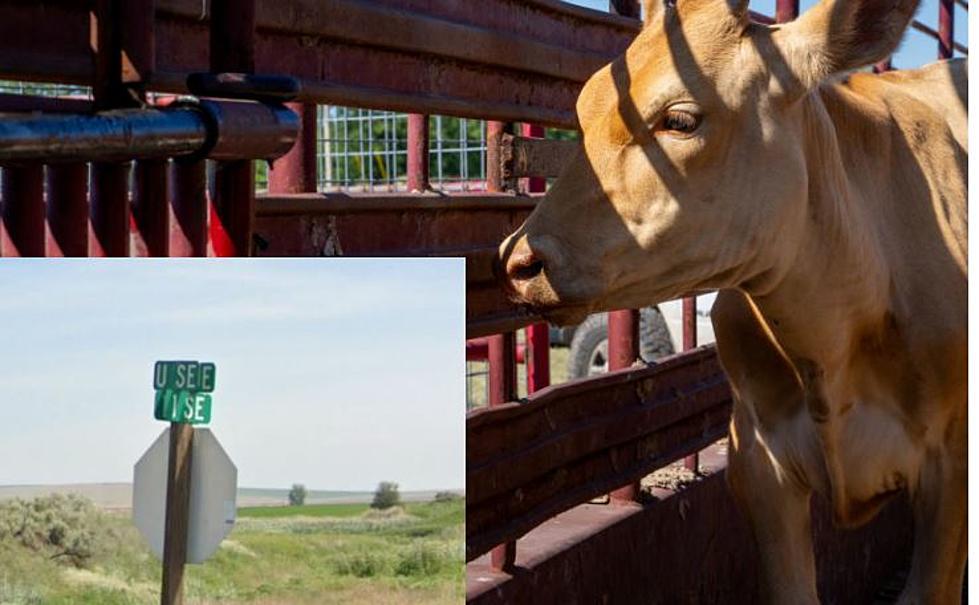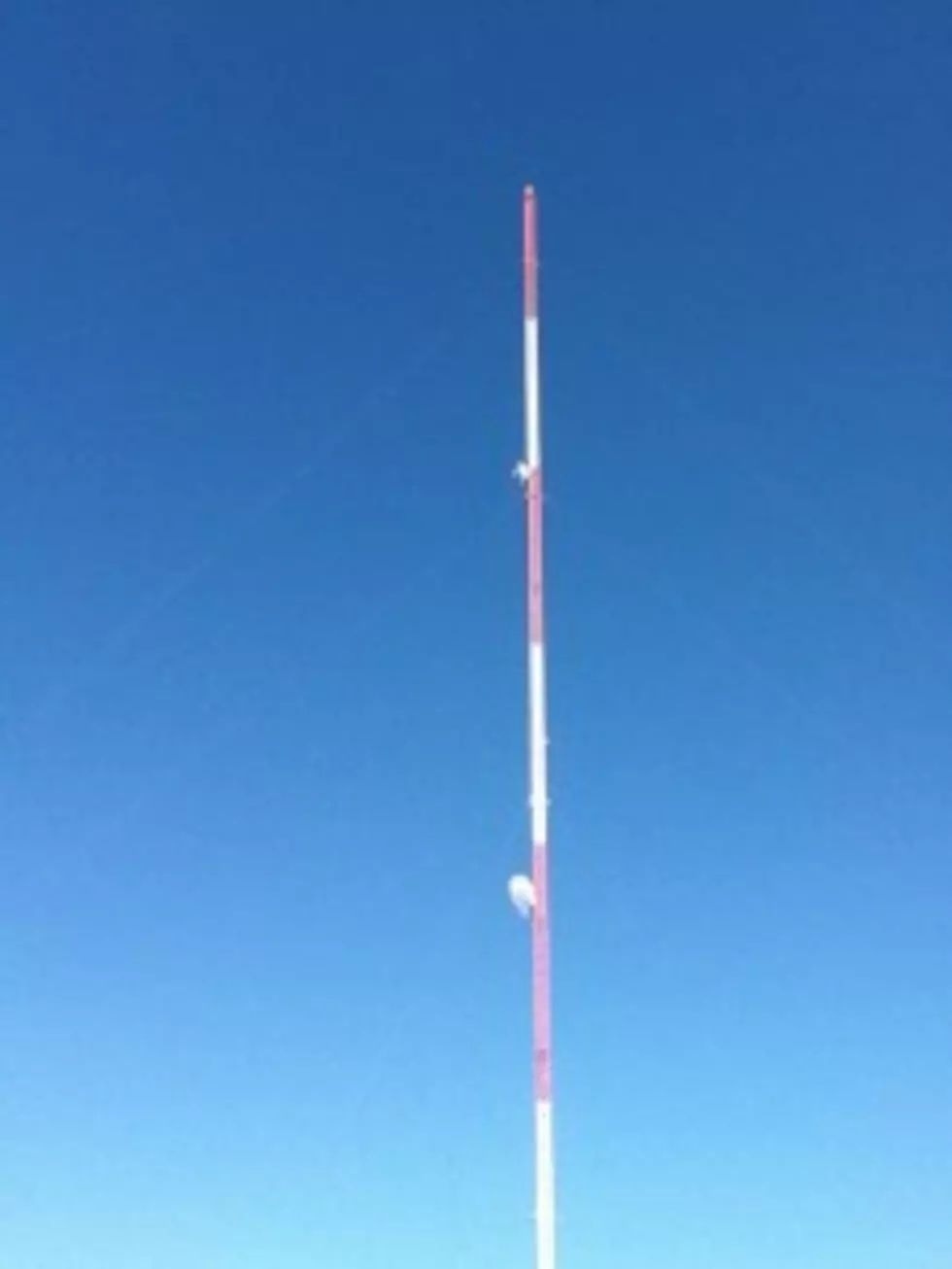
FCC Wants to Put “Researchers” in Newsrooms? Plan Even Opposed by Commissioner!
The Wall Street Journal Thursday asked this question: "Why is the [FCC] studying 'perceived station bias' and asking about coverage choices?"
This spring, field tests will begin on a new Federal Communications Commission plan to have researchers grill station managers, reporters and other workers about how they determine what's newsworthy, and why they report the news that they do.
Last May, the FCC proposed what is called the "Multi-Market Study of Critical Information Needs" or CIN. A field test is scheduled to begin this spring in Columbia, South Carolina.
In an op-ed piece in the Wall Street Journal, one of the actual FCC Commissioners, Ajit Pai, questions the plan and voices his disapproval. According to Pai:
The purpose of the CIN, according to the FCC, is to ferret out information from television and radio broadcasters about 'the process by which stories are selected' and how often stations cover 'critical information needs,' along with 'perceived station bias' and 'perceived responsiveness to under-served populations.'"
Pai, who is a relatively new appointee to the Commission, says that while MSNBC and Fox obviously differ greatly in their perceptions of what is newsworthy, the government has NO place pressuring media organizations into covering certain stories.
He goes on to say:
How does the FCC plan to dig up all that information? First, the agency selected eight categories of 'critical information' such as the 'environment' and 'economic opportunities,' that it believes local newscasters should cover. It plans to ask station managers, news directors, journalists, television anchors and on-air reporters to tell the government about their 'news philosophy' and how the station ensures that the community gets critical information.'"
Pai reminds us of something most veteran broadcasters remember, the feds have meddled before in broadcasting. In 1949 the FCC adopted the infamous (and worthless) Fairness Doctrine that required broadcast stations (radio and TV) to air opposing viewpoints, or arguments on both sides of issues. The government thought it was providing diversity of thought, but most stations ignored controversial topics altogether, for fear or airing opinions that would cause viewers or listeners to change the channel.
Pai goes on to say:
The FCC says the study is merely an objective fact-finding mission. The results will inform a report that the FCC must submit to Congress every three years on eliminating barriers to entry for entrepreneurs and small businesses in the communications industry.
This claim is peculiar. How can the news judgments made by editors and station managers impede small businesses from entering the broadcast industry? And why does the CIN study include newspapers when the FCC has no authority to regulate print media?"
Given the federal government's recent NSA, IRS and other spying and intrusion stories that have only really accelerated during the Obama presidency, most are viewing this FCC "fact-finding" as another back-door attempt by the government to control the media, and eventually result in state-run broadcasting.
Pai is officially on the record opposing this plan, as are a growing number of legislators. It's hopeful his influence and that of others will stop this useless, wasteful and dangerous program. A dentist doesn't need some clown looking over his shoulder while he fills cavaties, we in the media don't need some government suit doing the same while we assemble and bring you news and information.
More From 870 AM KFLD
